Faculty
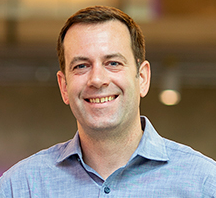
Byron Boots
Byron Boots is the Amazon Professor of Machine Learning in the Paul G. Allen School of Computer Science and Engineering (CSE) at the University of Washington where he directs the UW Robot Learning Laboratory. Byron has previously served as co-chair of the IEEE Robotics and Automation Society Technical Committee on Robot Learning, and is looking forward to serving as the co-general chair for the Conference on Robot Learning in 2023. He has received several awards including "Best Paper" Awards from ICML, AISTATS, RSS, and IJRR and is also the recipient of the RSS Early Career Award, the DARPA Young Faculty Award, the NSF CAREER Award, and the Outstanding Junior Faculty Research Award from the College of Computing at Georgia Tech. Byron received his PhD from the Machine Learning Department at Carnegie Mellon University.
PhD Students
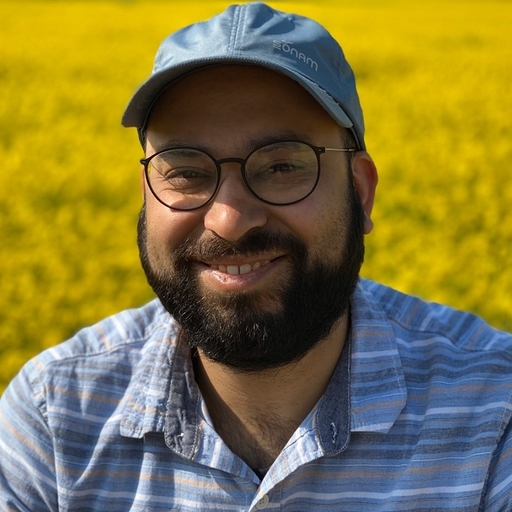
Sandesh Adhikary
Sandesh Adhikary is a PhD candidate in the Paul G. Allen School of Computer Science and Engineering. His research has been centered around a variety of machine learning methods and applications, the common thread across which has been to identify and utilize geometric structure when it exists. Currently, he is designing metric-informed reinforcement learning algorithms that exploit geometric structure in MDPs to improve generalization and transfer. Previously, he has worked on applying quantum-inspired probabilistic models for sequential data, and incorporating geometric information about data spaces into sampling algorithms. He obtained his Bachelor's degree in Physics from Reed college, Portland, Oregon.
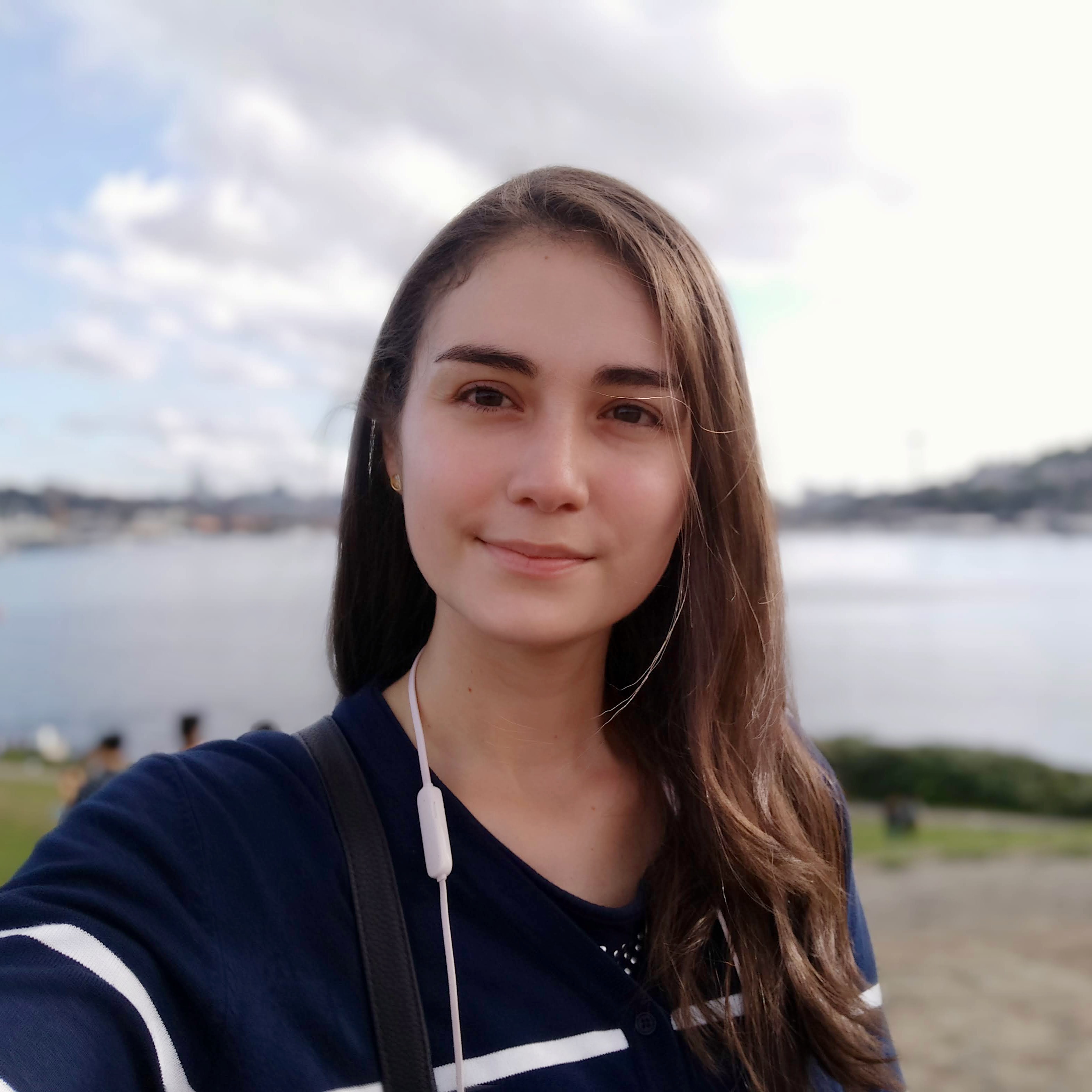
Carolina Higuera Arias
Carolina Higuera is a Ph.D. student in the Paul G. Allen School of Computer Science and Engineering advised by Prof. Byron Boots. Her research focuses on developing models that allow robot manipulators capable of interpreting its world through tactile perception. She received her Master's degree in Electrical Engineering and Computers from Universidad de los Andes, Colombia, and her Bachelor's degree in Electrical Engineering from UPTC, Colombia.
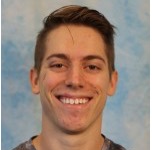
Rosario Scalise
Rosario is a PhD student in the Robot Learning Lab. He is interested in dynamic, robust, & resilient robots that adapt to the world around them. The goal of his research is to achieve these characteristics using tools from machine learning, motion planning, and adaptive control. Previously, he received BS degrees in EE/CompE from UConn and an MS from the Robotics Institute at CMU.
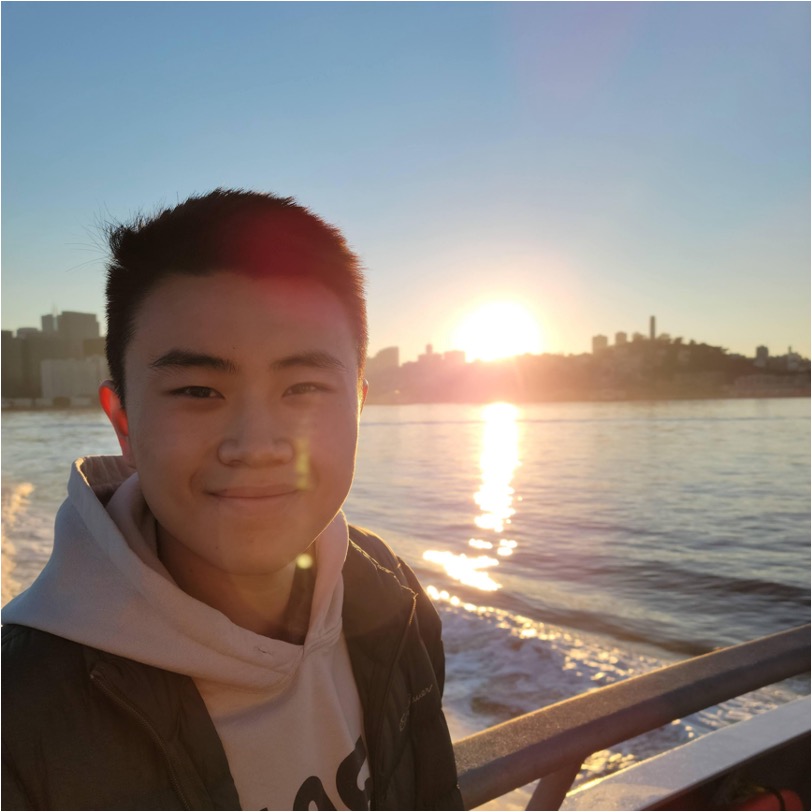
Tyler Han
Tyler Han is a first-year Ph.D. student in the Robot Learning Lab at the Paul G. Allen School of Computer Science. He is interested in performing research at the intersection of learning and control but hopes to become familiar with the whole robotics stack. Before coming to the University of Washington, Tyler received a dual degree in Aerospace Engineering and Computer Science from the University of Maryland and conducted research in motor learning at the Naval Research Laboratory.
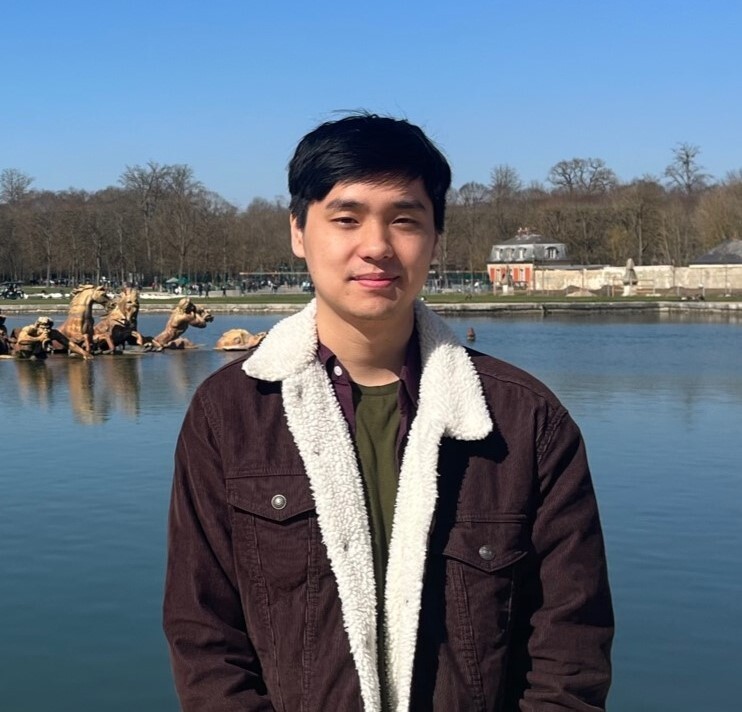
Kevin Huang
Kevin Huang is a PhD student at the Paul G. Allen School of Computer Science and Engineering at the University of Washington, advised by Byron Boots. His research interests are broadly in applying reinforcement learning to dynamic, real-world environments with complex constraints. Previously, he received a Bachelor's degree in Computer Science from Caltech.
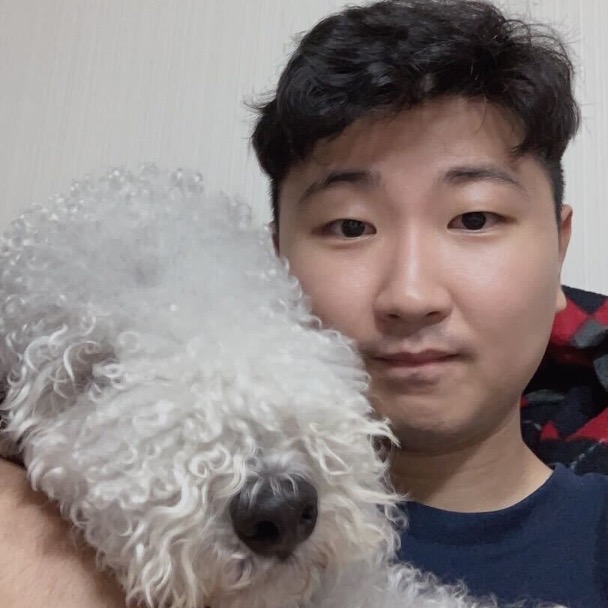
Sanghun Jung
Sanghun Jung is a Ph.D. student in the Paul G. Allen School of Computer Science and Engineering at the University of Washington, working with professor Byron Boots. His research interest lies in the intersection of robot perception and control, enabling robots and vehicles to perform robustly in unseen environments. Previously, he received his Master’s degree in Artificial Intelligence from KAIST and his Bachelor’s degree in Computer Science from Korea University.
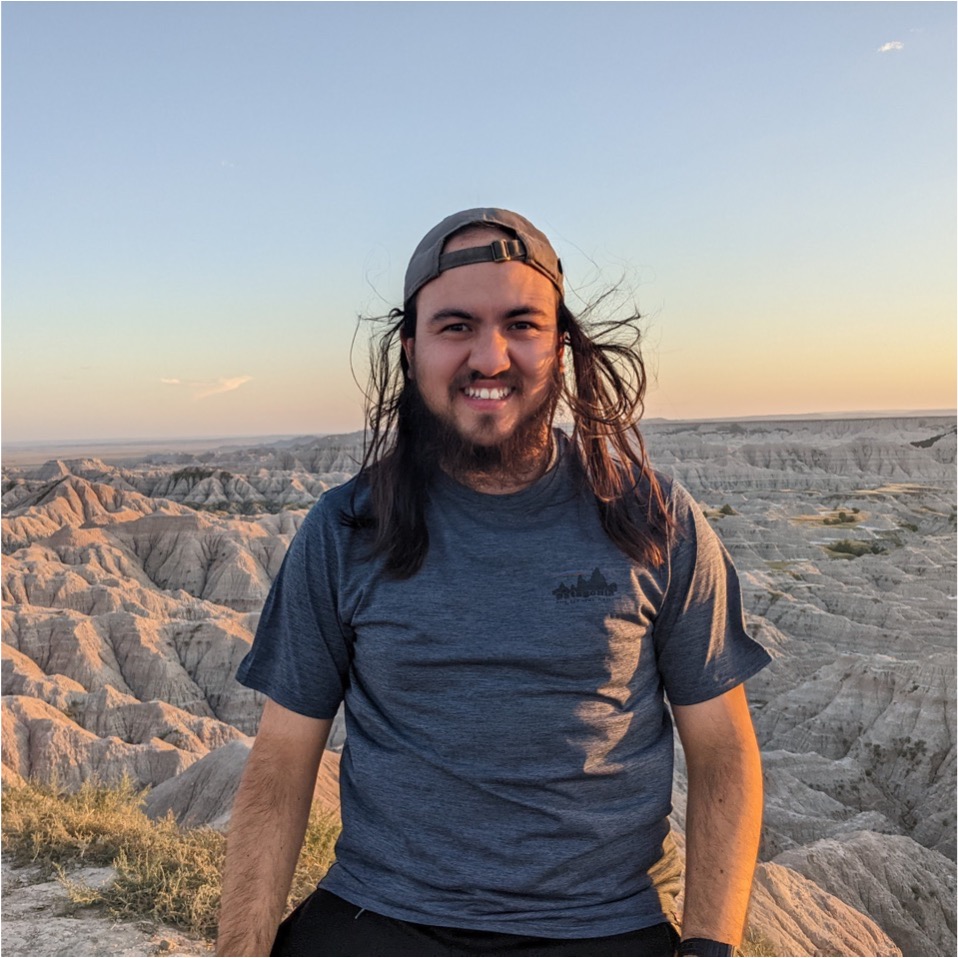
Mateo Guaman Castro
Mateo Guaman Castro is a Ph.D. student in the Paul G. Allen School of Computer Science and Engineering at the University of Washington, working with Prof. Byron Boots and Prof. Abhishek Gupta. He is interested in efficient and continually adaptive methods for real-world robot learning, at the intersection of representation learning, reinforcement learning, and controls. Previously, he received a Master’s degree in Robotics from Carnegie Mellon University, and a Bachelor’s degree in Electrical Engineering from Tufts University.
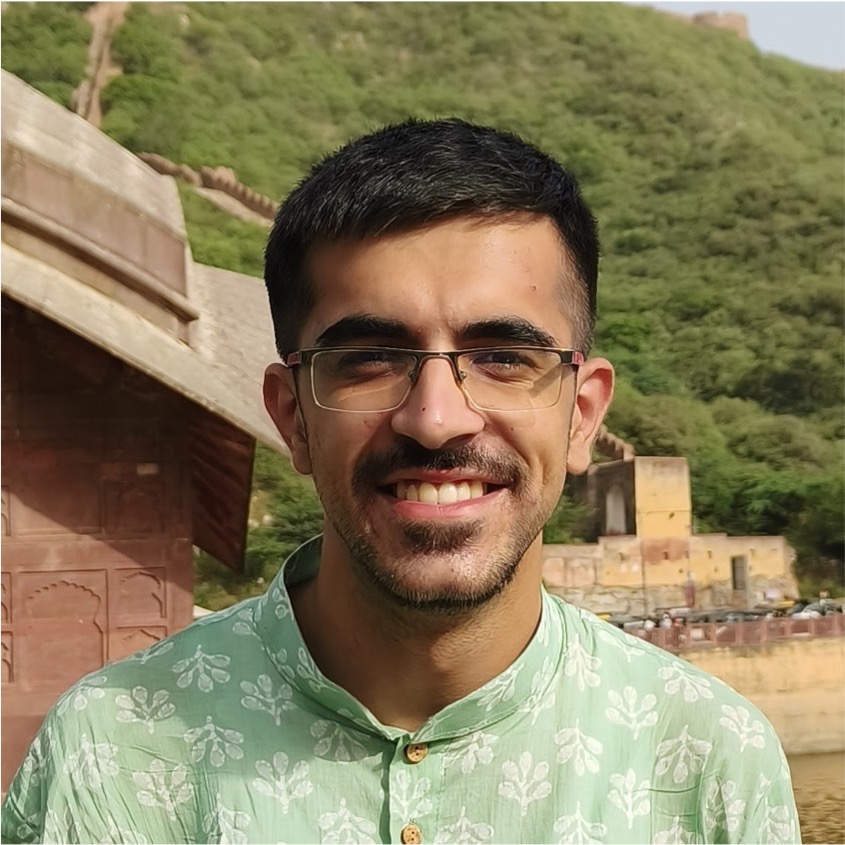
Rohan Baijal
Rohan Baijal is a PhD student in the Robot Learning Lab at the Paul G. Allen School of Computer Science and Engineering advised by Prof. Byron Boots. His research aims to enable robots to perform tasks in complex settings, like off-road autonomy, cluttered environments and among humans, under uncertainty. His interests lie at the intersection of learning and planning but also hopes to get his hands dirty working on real robots. Prior to this, he was an undergraduate student at the Indian Institute of Technology, Kanpur. When not buried under a pile of papers, he can be found playing guitar and bass (he loves all genres ranging from jazz to prog to funk and soul. Reach out to him to jam session some time!).
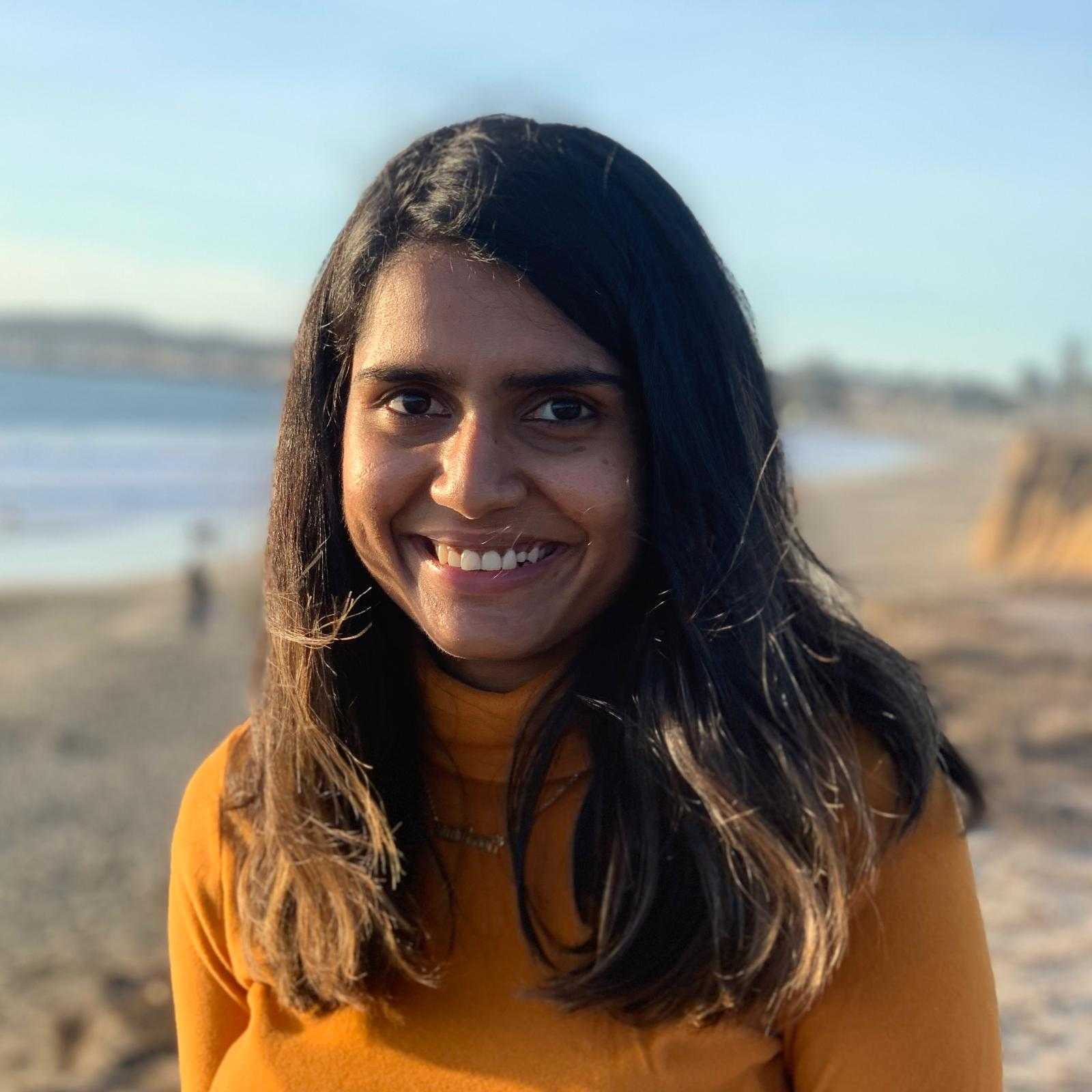
Harine Ravichandran
Harine is a PhD student and NSF CSGrad4US Fellow at the Paul G. Allen School of Computer Science and Engineering at the University of Washington, where she is advised by Prof. Byron Boots. Her research lies at the intersection of robot learning and perception, aiming to develop collaborative robotic systems capable of performing complex tasks in unstructured environments. Before joining UW, Harine worked on autonomous vehicles at Overland AI and Waymo. She earned her Master’s and Bachelor’s degrees from Stanford University.
Master's Students
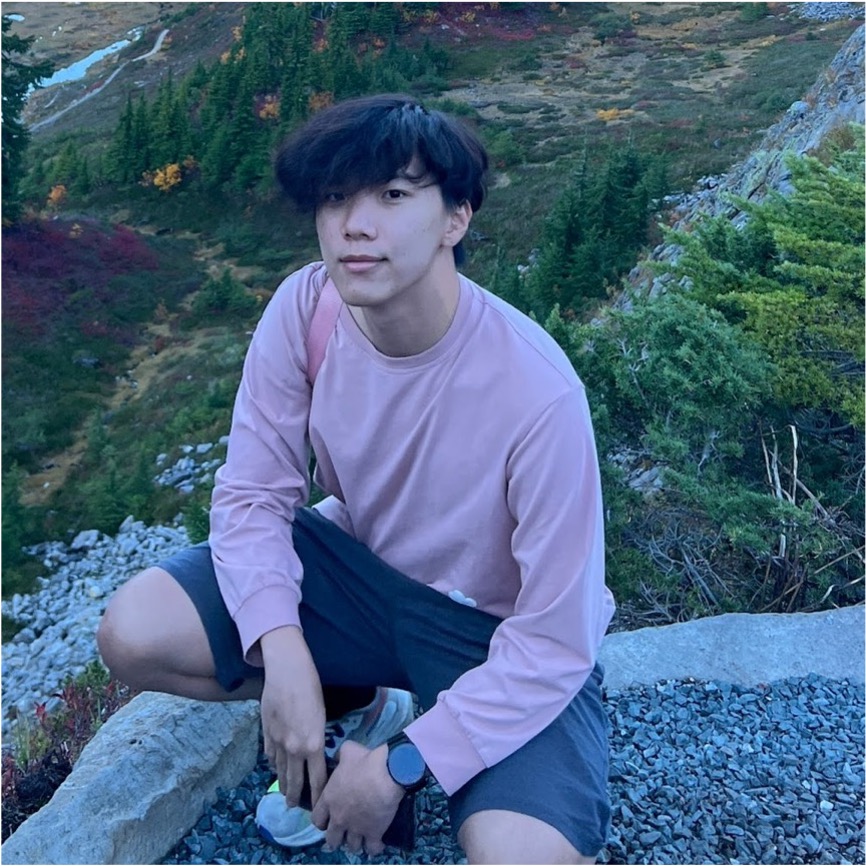
Varich Boonsanong
Varich Boonsanong is a student in the BS/MS program at the Paul G. Allen School of Computer Science and Engineering. Currently, he is working on enhancing planning with generative models for the UW RACER project. Outside of university life, he enjoys music, k-drama, and hiking.

Rohan Panicker
Rohan is a graduate student in the Mechanical Engineering Department at the University of Washington. Prior to beginning his master's program, he worked as an embedded software engineer in India, specializing in developing gimbal stabilization using inertial and vision data, as well as object detection and tracking on gimbals. Currently, Rohan's interests are centered around imitation learning, anomaly detection, inverse reinforcement learning, and their practical application in real-world robotics. He is particularly passionate about creating adaptive robots capable of navigating and performing high level tasks in complex environments effectively. Beyond his ideas and algorithms, Rohan finds joy in playing the flute, exploring bay area, and indulging in anime and movie marathons. He also has this quirky habit of traveling to Portland whenever he gets the chance.
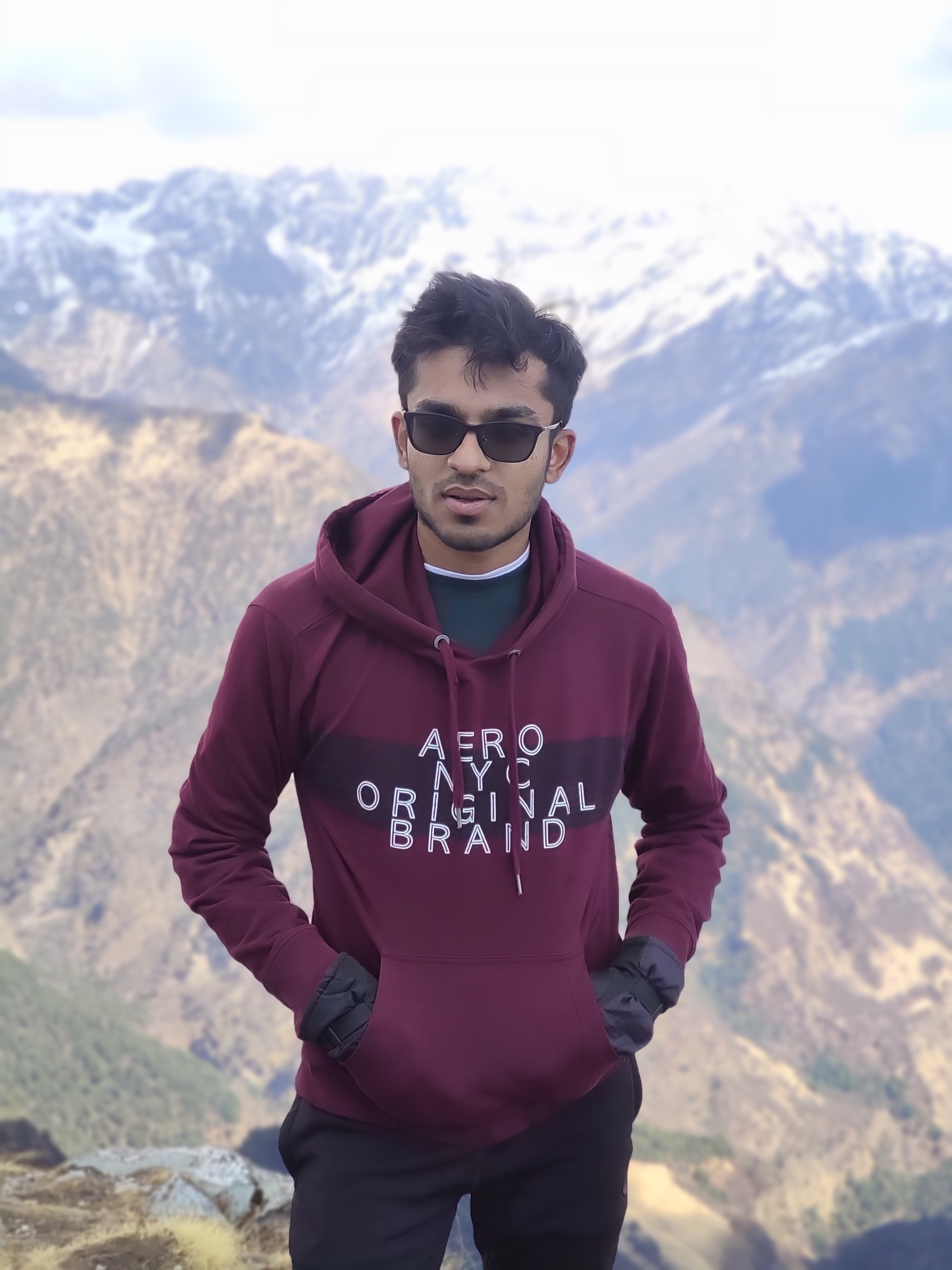
Preet Shah
Preet is a graduate student in Mechanical Engineering Department at University of Washington, previously he obtained his B.Tech from the Indian Institute of Technology, Gandhinagar in 2023. Preets's research interest revolves around the integration of robot learning, control, and planning, particularly in the realm of general-purpose robot autonomy. Currently he is working in the Learning and Controls team of UW RACER collaborating with Tyler Han, working on Learning reward function through Inverse Reinforcement Learning enabling smoother traversal in Off-Road Autonomy.When not conducting research, he loves to play sports (especially football), go outside in nature for hikes, and embark on long drives.
Undergraduate Students
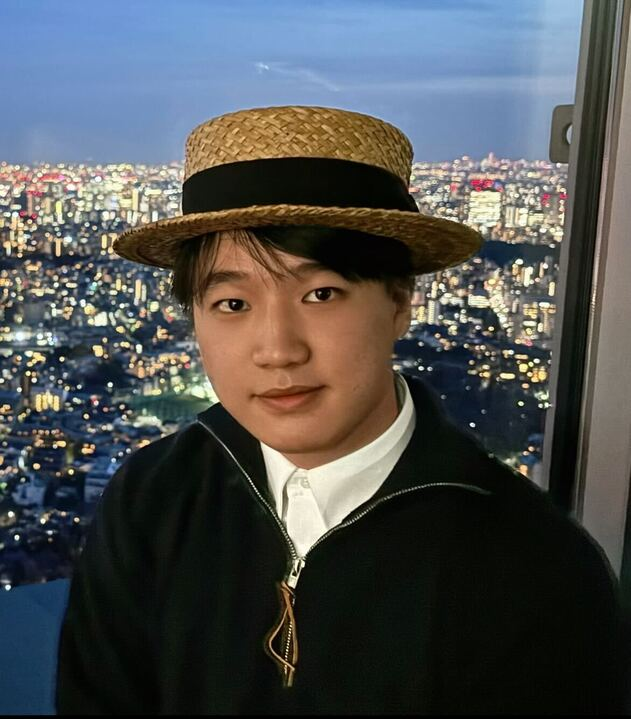
Octi Zhang
Octi Zhang is a senior undergraduate students majoring in Computer Science at University of Washington. He is interested in robot simulation application with machine learning. He is working with Rosario Scalise to lay the foundation of robot learning simulation framework on top of Isaac Sim.
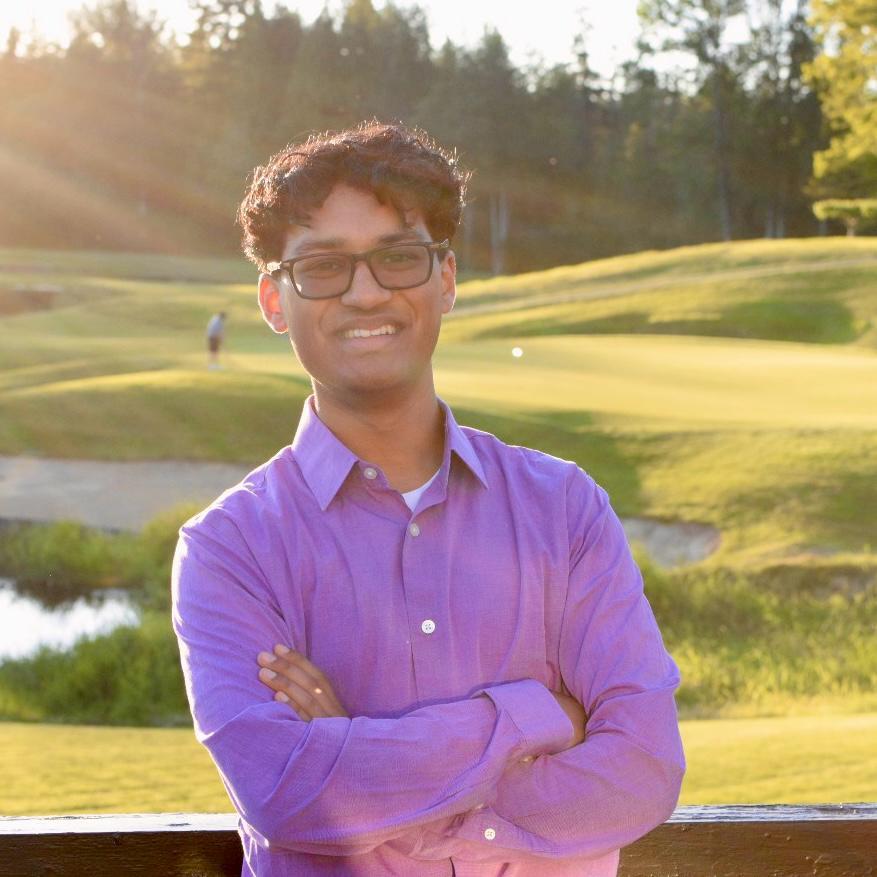
Sidharth Rajagopal
Sidharth Rajagopal is an undergraduate studying Computer Science at the University of Washington. He is interested in the intersection of reinforcement learning and robotics. He is currently working with Tyler Han on autonomous offroad driving.
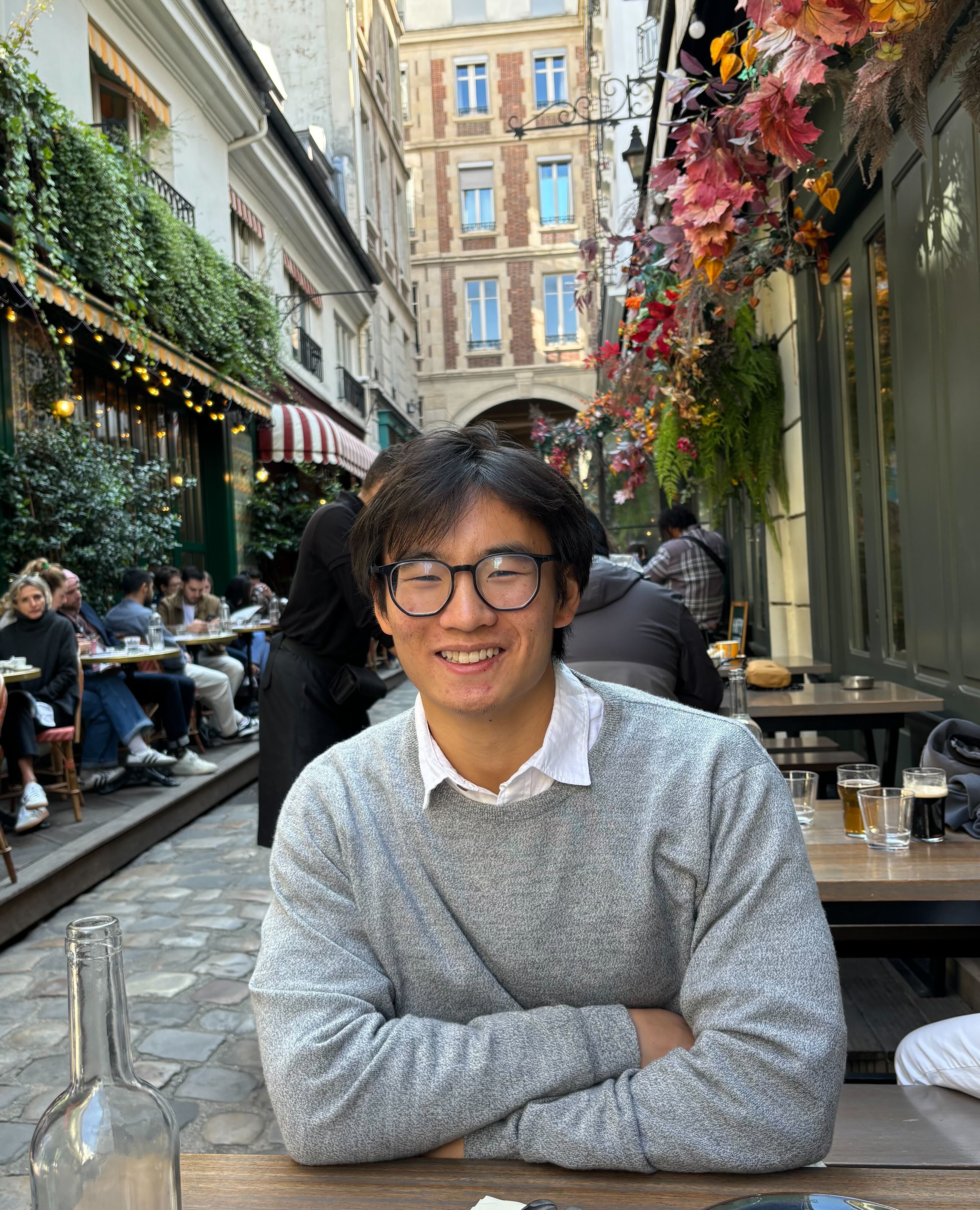
Gabe Guo
Gabe is a senior studying computer science at the University of Washington. He is currently working with Tyler Han and his research interests are robot learning, perception, and off-road autonomy. Outside of this, he enjoys lifting, all sports, traveling, spending time outdoors, and is currently training for a triathlon.
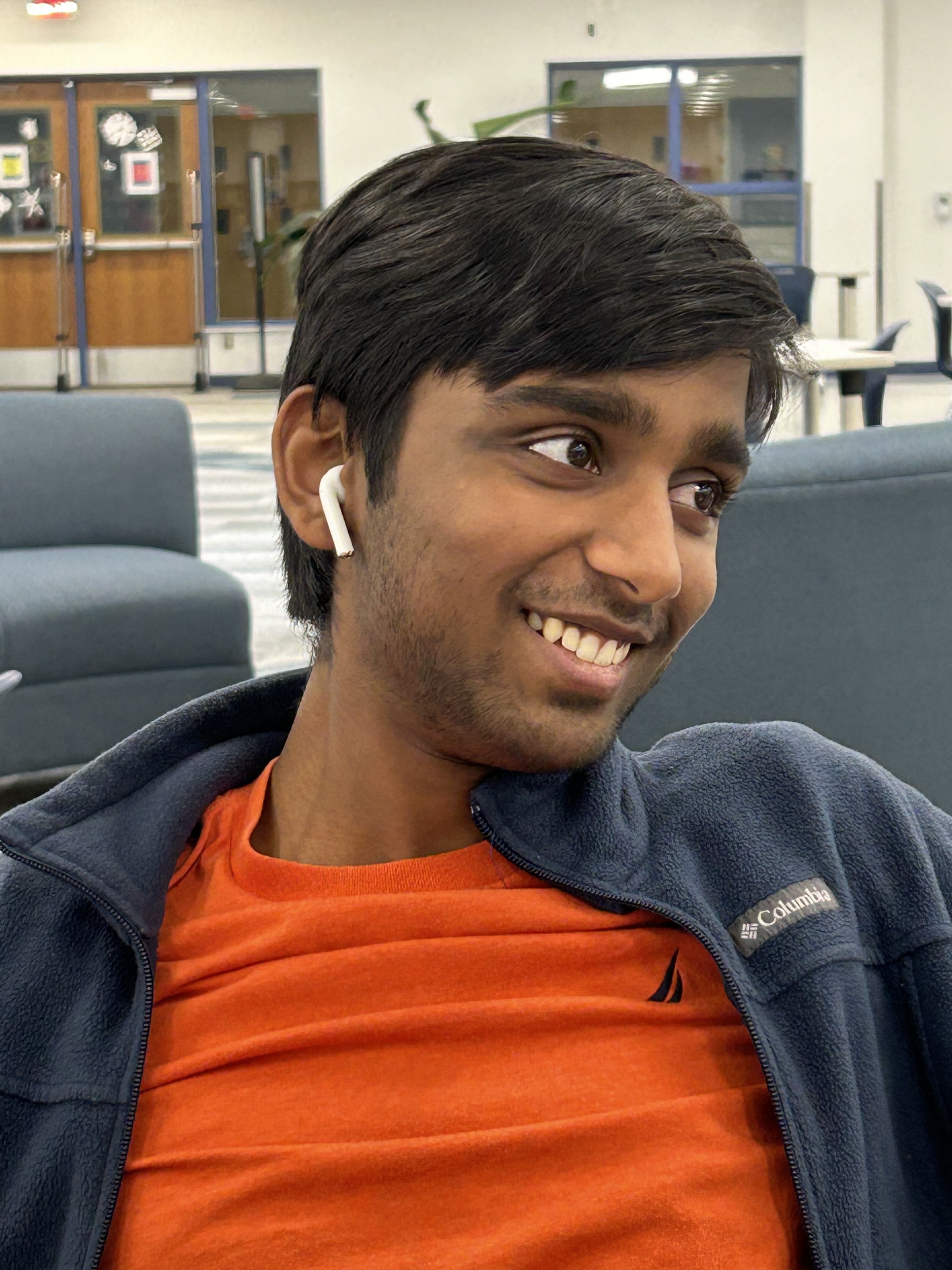
Bhaumik Mehta
Bhaumik is an undergraduate studying Computer Science and Mathematics and the University of Washington. He is interested in reinforcement learning and control techniques. He is currently working with Tyler on Off Road Imitation Learning and pursuing a project related to switching between sensor modalities in Tactile Sensing. Outside of the lab, Bhaumik enjoys playing frisbee, board games, and going out to grab boba.
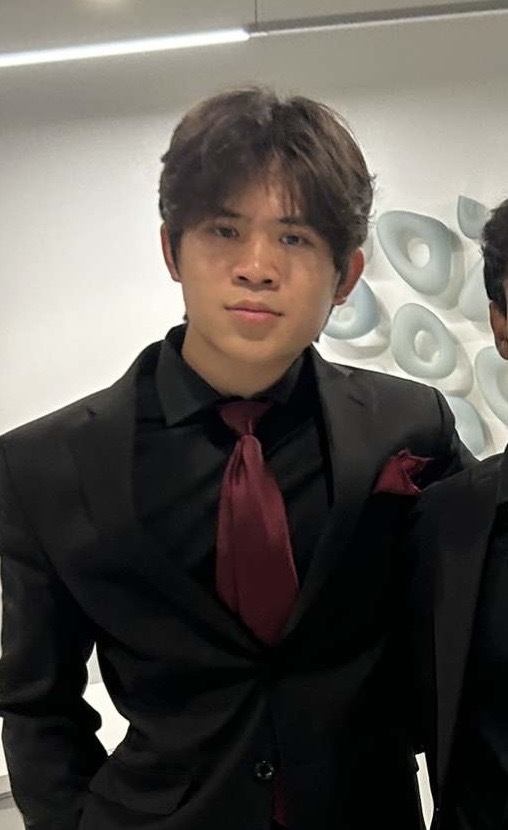
Bryan Xu
Bryan is a junior studying Computer Science at the University of Washington and a member of the autonomous off-road driving research group led by Tyler Han. He has a strong passion for building all types of four-wheeled vehicles, as well as coding and mathematics. His research focuses on autonomous vehicle perception, control, and decision-making in unstructured off-road environments, leveraging reinforcement learning and real-time planning techniques. He is particularly interested in integrating machine learning-based policies with traditional robotics frameworks to enhance vehicle robustness in challenging terrains. In addition to his research, Bryan has hands-on experience designing, modifying, and optimizing high-performance RC and full-scale vehicles, blending his technical expertise with a deep enthusiasm for mechanical systems. His long-term goal is to contribute to the development of intelligent robotic systems capable of adapting to complex real-world conditions.
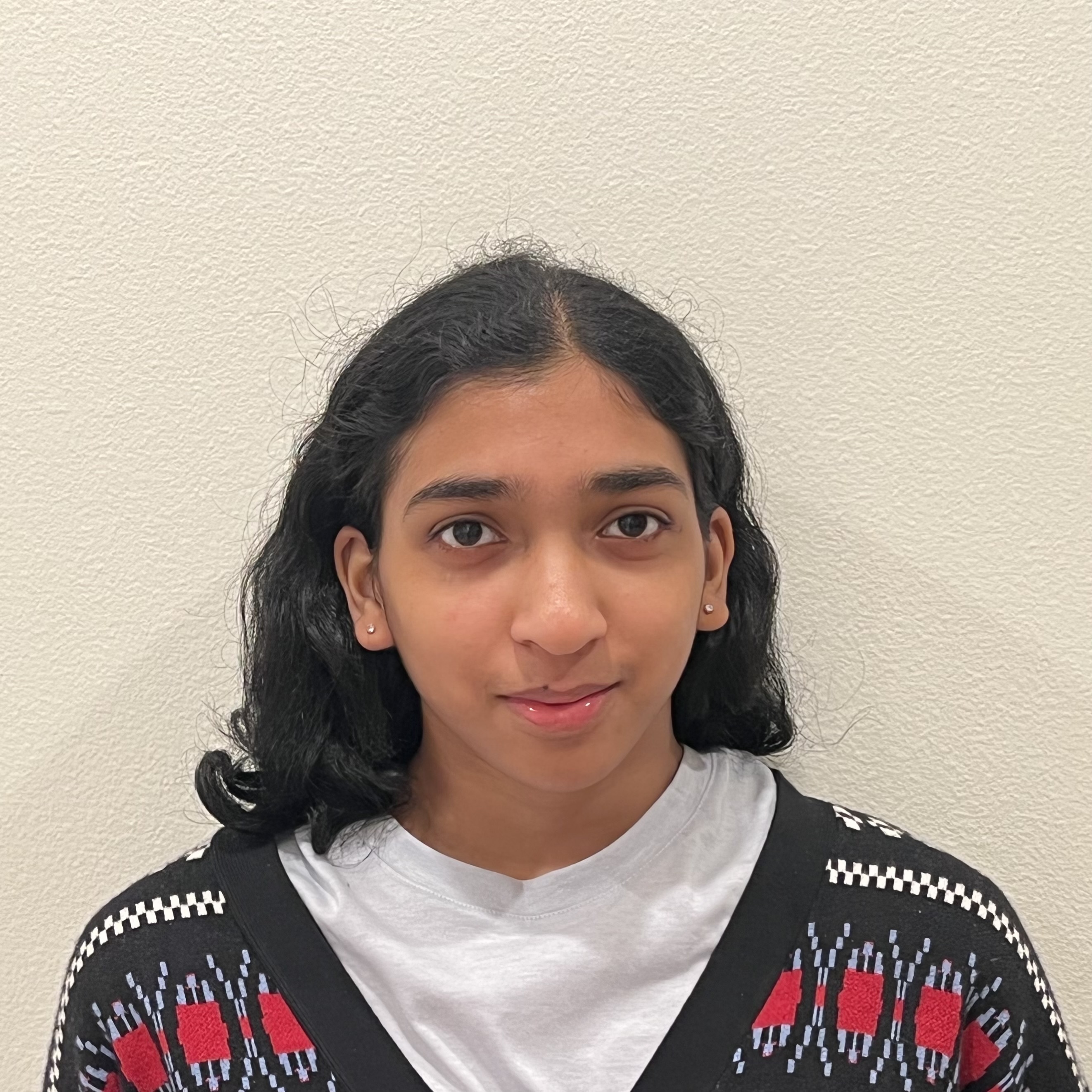
Cleah Winston
Cleah Winston is an undergraduate at the the Paul G. Allen School of Computer Science and Engineering at the University of Washington. She is currently involved in research at the Robot Learning Lab. In the past, her research has been in field of computational neuroscience, autonomous vehicles, and machine learning. She also co-authored a paper that was accepted at the International Conference of Software Engineering, 2022 and attended the in-person conference. When she is not studying or doing research, she loves to play basketball, compose music, and play the flute.
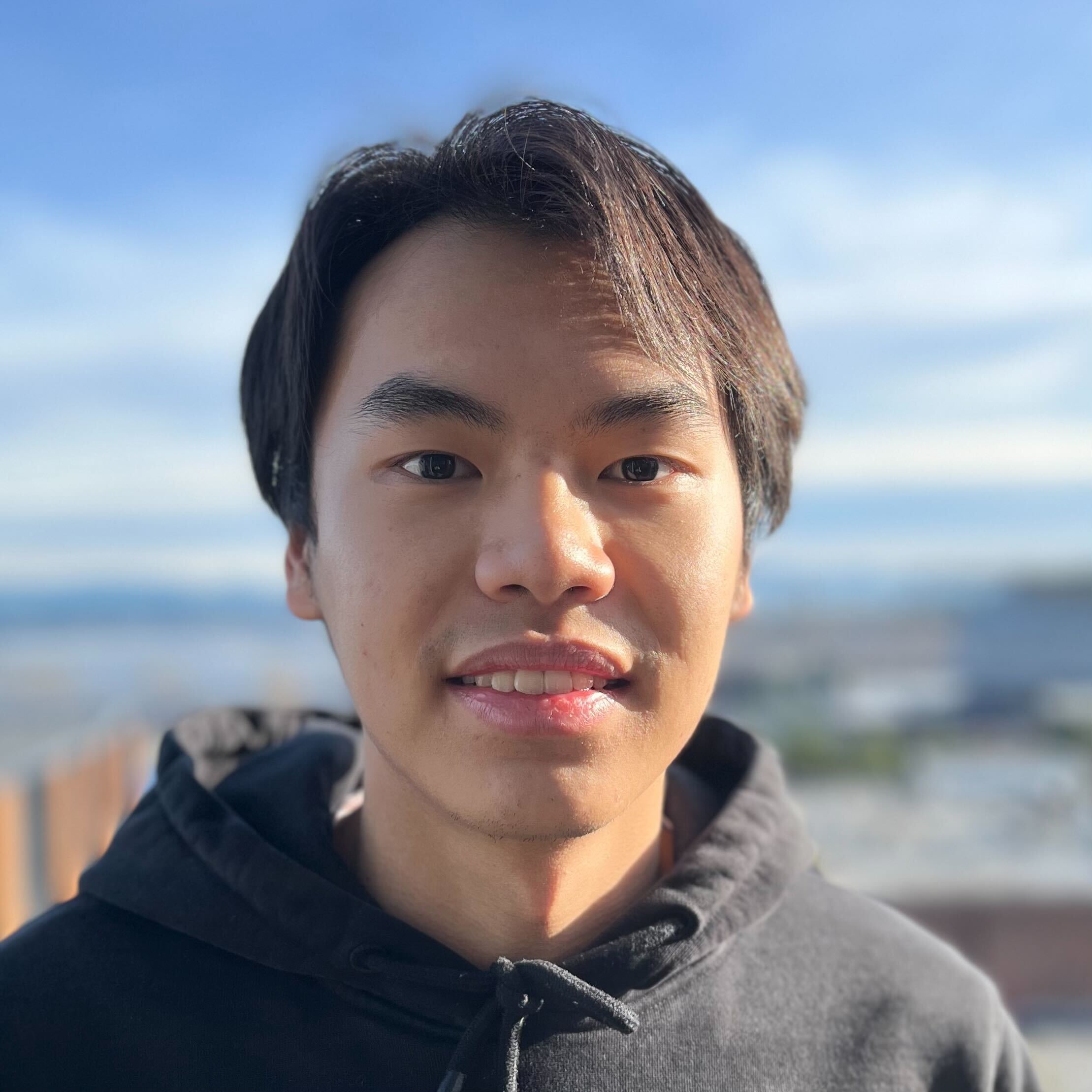
Yuquan "Nil" Deng
Yuquan "Nil" Deng is a junior majoring in Computer Science and Mathematics at the University of Washington. He is interested in legged robots. He is currently working on a mobile manipulation project with Yuxiang Yang.
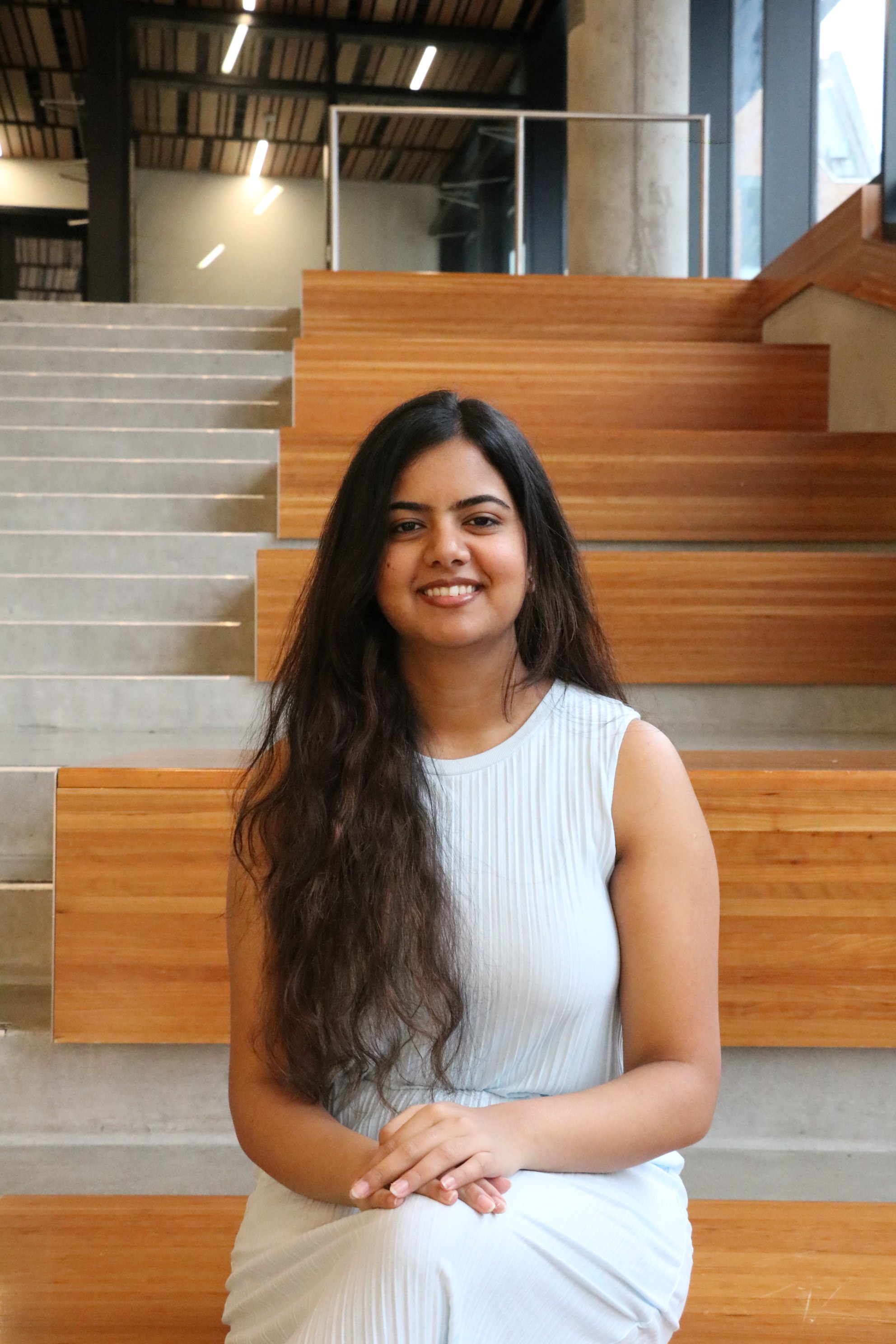
Lahari Nidadavolu
Lahari is a senior studying computer science at Paul G. Allen School of Computer Science and Engineering at UW. She is currently working as an undergraduate researcher on the UW RACER project on the planning team. Her previous experience includes working on avionics software for multiple rockets and navigation software for robots. Outside of her passion for rocketry and roboticss, she enjoys reading, cooking, and traveling.
Alumni
Post-doc
- Alexander "Sasha" Lambert
- Post-doc 2023, now Senior Staff Research Scientist at Boston Dynamics
- Guanya Shi
- Post-doc 2023, now Assistant Professor at Carnegie Mellon University
- Alex Spitzer
- Post-doc 2023, now Technical Lead at Overland AI
- Amirreza Shaban
- Post-doc 2022, now Senior Research Scientist at Cruise
- Siyuan Dong
- Post-doc 2022, now Research Scientist at Huawei
PhD
- Yuxiang Yang
- PhD 2024, now Research Scientist at Google Deepmind
- Adam Fishman
- PhD 2024, now Technical Staff at OpenAI
- Mohak Bhardwaj
- PhD 2024, now Staff Research Scientist at Boston Dynamics
- Jacob Sacks
- PhD 2023, now Postdoctoral Fellow at the University of Washington
- Anqi Li
- PhD 2023, now Research Scientist at NVIDIA
- Boling Yang
- PhD 2023
- Nolan Wagener
- PhD 2023, now Senior Software Engineer at Overland AI
- Siddarth Srinivasan
- PhD 2022, now Post-doctoral Fellow at the Brookings Institution
- Alexander "Sasha" Lambert
- PhD 2021, now Senior Staff Research Scientist at Boston Dynamics
- Xinyan Yan
- PhD 2020, now Software Engineer at Aurora Innovation
- Amirreza Shaban
- PhD 2020, now Senior Research Scientist at Cruise
- Ching-An Cheng
- PhD 2020, now Senior Researcher at Microsoft Research
- Mustafa Mukadam
- PhD 2019, now Research Scientist at Facebook AI Research
- Jing Dong
- PhD 2018, now Research Scientist at Facebook Reality Labs
MS
- Neel Jawale
- MS 2024, now Robotics & ML Software Engineer at NVIDIA
- Rwik Rana
- MS 2024, now Robotics Ph.D. student at UT Austin
- Alex Liu
- MS 2024, None
- Rama Krishna
- MS 2023, now Machine Learning Engineer at Mercedes-Benz Research & Development
- Sandeep Reddy
- MS 2023, now Robotics AI Intern at Bosch Center for AI
- Brian Lee
- MS 2022, now Research Engineer at KLNet
- Jakub Filipek
- MS 2022, now Software Engineer at Overland AI
- Nathan Hatch
- MS 2021, now Software Engineer at Overland AI
- Hemanth Sarabu
- MS 2019, now Research Engineer at Symbio Robotics
- Aravind Battaje
- MS 2019, now Robotics Ph.D. student at TU Berlin
- Zhen Liu
- MS 2018, now CS Ph.D. student at MILA
- Ivan Dario Jimenez Rodriguez
- MS 2018, now CS Ph.D. student at Caltech
- Eric Huang
- MS 2017, now Robotics Ph.D. student at CMU
- Rahul Goel
- MS 2016, now Software Engineer at Google
- Xiang Liu
- MS 2015, now CS Ph.D. student at UC Boulder
- Sen Hu
- MS 2015, now Software Engineer at Facebook
- Gayatri Singh
- MS 2015, now Software Engineer at Amazon
- Paritosh Gote
- MS 2015, now Software Engineer at Microsoft
Visiting Students
- Benedikt Schesch
- Visiting student from ETH Zurich in 2022
- Milos Pragr
- Visiting student from Czech Technical University in 2023